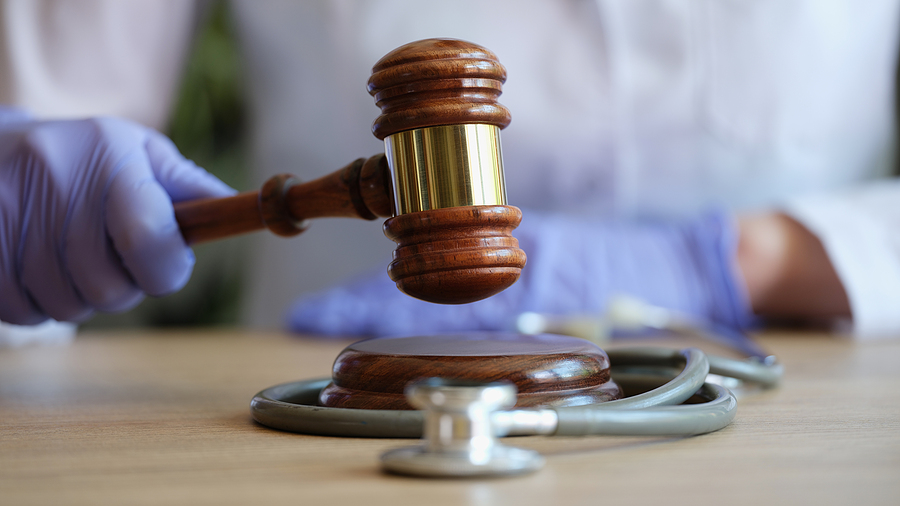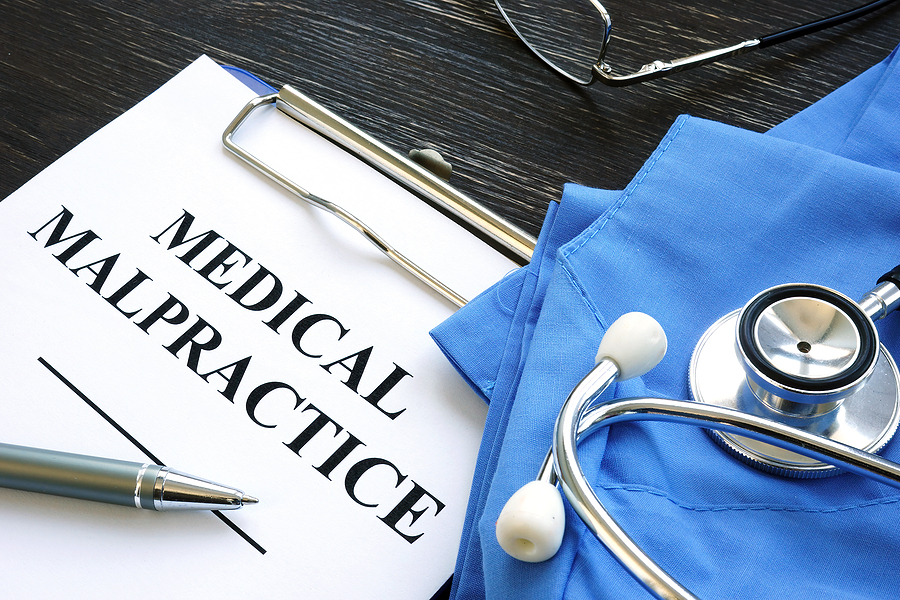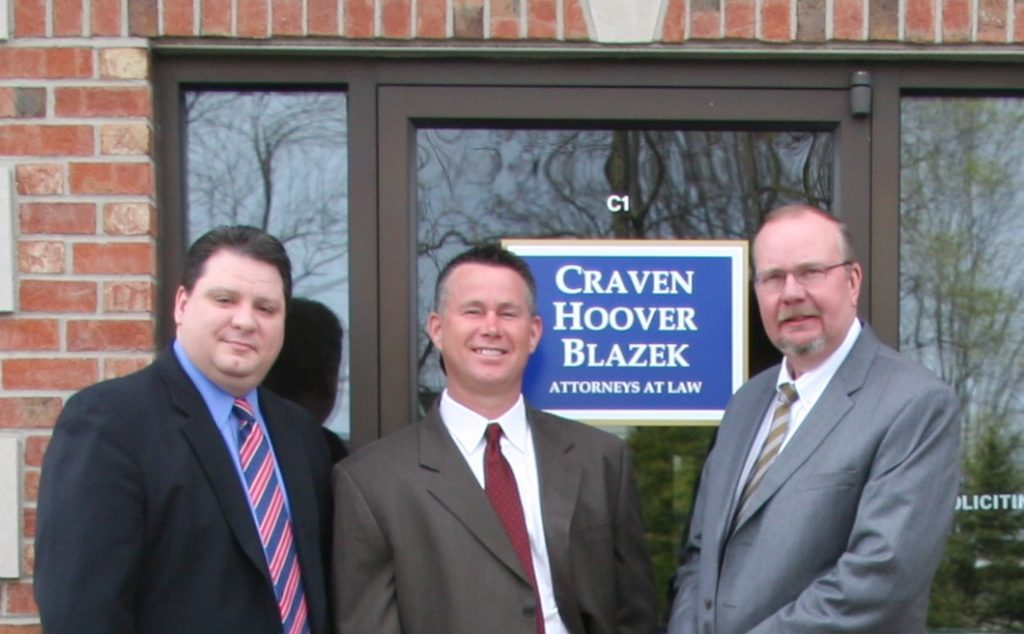Reconstructive surgery holds the promise of transformation, be it restoring one’s wholeness after trauma or simply fulfilling personal desires. However, the post-operative reality for some patients can become a harrowing chapter of their lives. When medical errors or negligence mar what was meant to be a hopeful outcome, patients may find themselves in the murky waters of potential medical malpractice.
This guide provides a comprehensive roadmap for corrective surgery patients who suspect they may be victims of medical malpractice. We’ll detail the steps to take, including how to recognize signs of malpractice, engaging legal counsel, and understanding the complex process of filing a personal injury claim. This knowledge is crucial for victims to seek the redress they deserve and encourage a safer, more accountable medical environment.

Legal Notion of Medical Malpractice
Medical malpractice refers to professional negligence by a healthcare provider in which the treatment provided falls below the accepted standard of practice in the medical community and causes harm or injury. In the context of reconstructive surgery or operation, malpractice might occur during the procedure itself – through surgical errors, for example – or in the post-operative care, where issues like infections and improper monitoring can lead to complications.
Negligence vs. Poor Outcomes
Not every corrective surgical error qualifies as malpractice – medicine is not an exact science, and outcomes cannot be guaranteed. However, if a surgeon’s actions or omissions are not in line with the standard of care and result in unnecessary complications, permanent injuries, or disfigurement, they may be liable for malpractice for which their insurance carrier will be responsible for.
Signs of Surgical Medical Malpractice
Physical Indicators
Patients should monitor their post-operative recovery vigilantly. Symptoms of malpractice may include prolonged pain or discomfort that is beyond what was initially explained as a part of the healing process, unexpected side effects, or worsened conditions. In cases of botched surgeries, physical disfigurement or asymmetry may become evident.
Emotional and Mental Well-Being
The regions affected by reconstructive surgeries are often associated with self-esteem and personal identity. If a patient experiences psychological distress due to the results of their procedure, this could be a sign of malpractice or improper care.
Follow-up Care Concerns
Insufficient follow-up care, such as a lack of post-operative instructions, inaccessible medical staff, or delays in addressing patient complaints, are red flags for potential malpractice situations. Patients are entitled to attentive, effective medical care at all stages of their recovery.
Steps to Take as a Victim of Corrective Surgery Malpractice
➀ Seek Another Professional Opinion
Upon suspecting medical malpractice, it’s vital to obtain a second opinion from a trusted, independent doctor. This consultation can validate patient concerns and assess the quality of care provided in comparison to what other professionals would consider standard.
➁ Document Everything
Detailed documentation, including medical records, photographs, and personal notes about the process, serve as vital evidence. Precise records can bolster the validity of a malpractice claim and provide clear indicators of any substandard care received.
➂ Consult with a Legal Expert
The complexity of medical malpractice cases necessitates legal expertise. Victim/patients or their legal representatives should seek consultation with a reputable medical malpractice lawyer who specializes in surgical cases immediately.
Navigating the Personal Injury Lawsuit Process
Hiring the Right Civil Litigator
Selecting the right medical malpractice attorney is perhaps the most critical decision a victim can make. With experience in surgical malpractice cases and a track record of success, such personal injury legal representation can lead to the best possible outcome for the claimant.
Filing a Claim
A medical malpractice lawsuit commences with the filing of a personal injury claim. This process must adhere to specific statutes of limitations, which vary by state and can be as short as 2 years from the date of the corrective surgery. It is imperative to act swiftly once malpractice is suspected.
Expectations and Compensation
Possible outcomes of a surgical medical malpractice claim include settlement negotiations and court trials, with the ultimate goal being financial compensation for the damages incurred. Compensation may cover medical bills, lost wages, pain and suffering, and punitive damages.
Conclusion
Encountering malpractice after reconstructive surgery or operation is a devastating experience, but patients are not without recourse. This guide provides a comprehensive path for those who have suffered at the hands of negligent medical care to seek restitution. Through patient advocacy and holding healthcare providers accountable, the aim is a safer medical landscape where patients can confidently expect the care they deserve.
If you or someone you know is navigating the complex terrain of medical malpractice, never underestimate the value of sound guidance and the power of your voice in ensuring that justice is served. Remember, your physical and emotional well-being are non-negotiable, and seeking reparations can not only support your recovery but also prevent similar incidents from happening to others. With diligence and the right support, the path to recovery can include a vital step towards closure and justice.
If you believe you have been a victim of a negligent surgery or operation in Indiana, it’s time to take your power back. Our team of experienced Indianapolis medical malpractice attorneys is here to guide you through every step of the legal process. Your health, your rights, and your future are too important to leave to chance. Contact us today at 317-881-2700 for a free consultation and let us help you secure the justice and compensation you deserve.
Related Posts:
Is a Misdiagnosis Considered Medical Malpractice?
Do I Have a Valid Medical Malpractice Claim?
Injured from a Defective Surgically-Implanted Medical Device?













